Reaction mechanisms describe how molecules interact during a chemical reaction from "summary" of Organic Chemistry by John E. McMurry
Chemical reactions involve the breaking and forming of chemical bonds. These transformations occur through a series of steps in which molecules interact with one another. Reaction mechanisms provide a detailed account of how these interactions take place. By understanding the steps involved in a reaction, chemists can predict the products that will be formed. In organic chemistry, reaction mechanisms are particularly important because of the complexity of organic molecules. These compounds contain carbon atoms that can form a variety of different bonds. As a result, organic reactions often involve multiple steps and intermediates. By studying reaction mechanisms, chemists can gain insight into the behavior of organic molecules. At the heart of a reaction mechanism are the individual steps that molecules undergo during a reaction. These steps can involve the breaking of bonds, the formation of new bonds, and the rearrangement of atoms within a molecule. Each step in a mechanism is characterized by a specific transition state, which represents a high-energy state that the molecules must pass through. The sequence of steps in a reaction mechanism is crucial in determining the overall outcome of a reaction. For example, a reaction may proceed through a series of intermediates before reaching the final product. By studying the intermediates formed during a reaction, chemists can gain insights into the pathways by which molecules can transform into new substances.- Reaction mechanisms provide a detailed account of how molecules interact during a chemical reaction. By understanding these interactions, chemists can predict the products of a reaction and gain insight into the behavior of organic molecules. This knowledge is essential for the development of new chemical processes and the synthesis of complex organic compounds.
Similar Posts
Acids and bases are key components in many reactions
Acids and bases play crucial roles in various chemical reactions. They are essential components that often determine the outcom...
Transition metals exhibit variable oxidation states
Transition metals are a unique group of elements that exhibit a fascinating property known as variable oxidation states. Unlike...

Selfdiscovery is a continual process
In the world of science, we often think of discovery as a moment of revelation, a single instant when everything becomes clear....
Alkanes are saturated hydrocarbons with single bonds
Alkanes are composed of carbon and hydrogen atoms connected by single bonds, making them saturated hydrocarbons. The term "satu...
Aromatic compounds contain a benzene ring
In organic chemistry, aromatic compounds are a special class of compounds that exhibit unique properties. These compounds are c...

Embracing change leads to personal evolution
The notion that change is an inevitable part of life is one that many find difficult to accept. However, in "Lessons in Chemist...
DebyeHückel theory explanation
The Debye-Hückel theory explains the behavior of electrolyte solutions. When ions are dissolved in a solvent, they interact wit...

